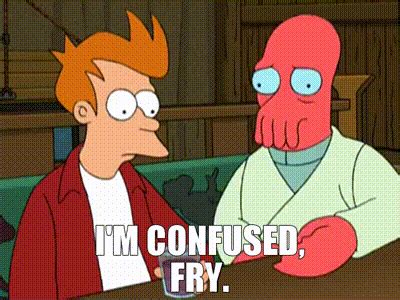In week 4 of EDCI 136, focus was placed on digital literacy, WordPress blog installations, and inquiry topic selection. Learning how models of digital literacy shape the way we utilize technology made me that much more attuned to the responsibilities and pitfalls of navigating the digital landscape.
Developing a blog felt like a large move towards capturing learning, as well as making online identity, content-sharing, and privacy choices. Choosing an inquiry question took a long time, but it was exciting to think about applying learning beyond the classroom.
Understanding Digital Literacy

Before this week, digital literacy seemed to just be being able to use technology. After doing research on some of the digital literacy models, I realized it is so much more than that.
It involves:
- Evaluating online information critically in an effort to spot bias or misinformation.
- Being a good digital citizen by understanding privacy, security, and ethical behavior.
- Communicating and collaborating effectively in digital settings.
Adapting to new technology and understanding how it impacts you.
Digital literacy isn’t just being online it’s about knowing how to be online responsibly. It made me consider how I engage with technology in my daily life, whether I’m reading headlines, working through privacy settings, or just making decisions about what I put on my blog.
Choosing an Inquiry Topic

One of the largest assignments this week was choosing an inquiry question. After the brainstorming of topics, I chose:
How can I strengthen my programming skills in Python and apply them to real-world projects?
This topic was suitable because:
- Python is applied thoroughly in automation, data science, and AI, which makes it a valuable skill.
- Instead of learning passively from tutorials, I want to learn by projects manually.
- Inquiry-based learning allows me to learn programming in a discovery way rather than learning by rote the syntax.
I will use my blog to note progress, challenges, and key observations as I develop my Python skills.
Privacy & Digital Ethics in Blogging

Another key topic this week was privacy and ethical blogging. Some important takeaways included:
- Managing personal data carefully not everything needs to be public.
- Respecting copyright laws using Creative Commons images and citing sources properly.
- Understanding my online presence realizing that everything I post contributes to my long-term digital identity.
Thinking about these aspects made blogging feel like more than just writing it’s about responsible digital engagement.
Final Thoughts – A Week of Growth
This week was a timely reminder that digital literacy isn’t about technical expertise it’s about being thoughtful, responsible, and reflective when you’re online.
And reminded me again that blogging is more than academic writing it’s somewhere for:
- Reflection – Logging what I discover.
- Expression – Presenting ideas in coherent form.
- Growth – Reflecting my improvement over the years.
Moving forward, I shall try to:
- Ongoing to personalize my blog to increase usability.
- Blogging my initial digital literacy reflection to start constructing my learning archive.
- Charting out my Python learning pathway to initiate my inquiry project.
The week established a sound groundwork for technical and reflective progression to lead towards the rest of the course.
